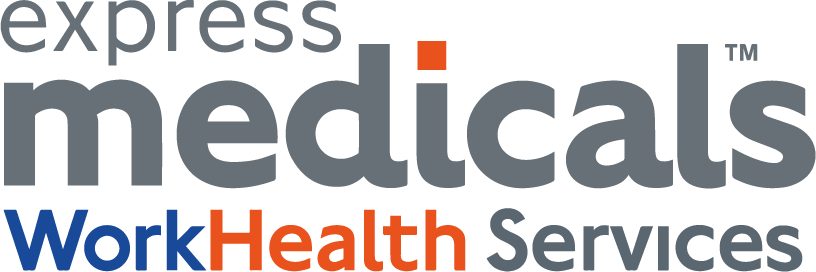Why High-Quality Eye Care Matters for Every Profession
This blog was written in collaboration with Hodd Barnes Dickins Opticians, a trusted partner in professional eye care.
Good vision is essential for safety, productivity, and long-term health. Whatever your role, engineer, lorry driver, teacher, or software developer, regular, high-quality eye care should be part of your routine. Yet, eye health is often ignored until problems become serious. Many conditions, and even systemic diseases, can be detected early with the right screening.
The Demands of Modern Work on Eye Health
Different jobs place different demands on the eyes. Manual workers face other risks. Construction and manufacturing environments expose eyes to dust, chemicals, UV light, and debris, increasing the chance of injury or long-term damage. These roles depend on precise vision for safety, whether operating machinery or navigating complex spaces.
Drivers, pilots, and logistics professionals have yet another challenge. Even subtle changes in peripheral vision, depth perception, or contrast sensitivity can affect reaction times and spatial judgement. A minor undetected issue can result in serious accidents.
Office-based professionals who spend hours in front of screens often experience digital eye strain, dry eyes, and blurred vision. This is now considered an occupational hazard, much like lower back pain was two decades ago. Extended screen time can also cause accommodation issues, making it harder to switch focus between near and distant objects, which can lead to headaches and persistent discomfort.
Why Regular Eye Tests Are Critical
Eye exams are not just about updating prescriptions. They are a vital diagnostic tool that can reveal early signs of ocular and systemic disease, often before symptoms appear.
High-quality eye care can detect:
Glaucoma, which causes irreversible vision loss but is symptom-free early on
Diabetic retinopathy, a leading cause of blindness in working-age adults
Cataracts, which develop slowly but impair vision significantly
Hypertensive retinopathy, indicating high blood pressure
Age-related macular degeneration, affecting central vision
Cardiovascular risk, visible through retinal microvascular changes
Many of these conditions can be managed effectively if caught early. Missed detection can lead to permanent vision loss, reduced performance, or early retirement on health grounds.
AI-Powered Early Detection
One of the most exciting developments in preventative eye care is AI-driven screening. Dr Noon, developed by Mediwhale, uses artificial intelligence to analyse retinal images and flag early signs of eye disease and systemic risk.
The system examines retinal patterns using machine learning models trained on large datasets. These algorithms can detect structural and vascular changes linked to glaucoma, macular disease, diabetes, and cardiovascular risk even before symptoms appear.
By integrating Dr Noon into routine eye exams, clinics can provide faster, more comprehensive assessments, helping people take control of their health earlier than ever.
Eye Care as Part of Occupational Health
High-quality eye care is a necessity. For employers, incorporating regular eye checks into occupational health policies improves safety, reduces downtime, and supports wellbeing. For individuals, it safeguards independence, performance, and peace of mind.
With technologies like Dr Noon making advanced diagnostics more accessible, getting a clear picture of your eye and overall health has never been easier.
Conclusion
Whether you work in a warehouse, construction site or boardroom, your eyes are among your most valuable tools. Regular, high-quality eye care protects your vision, your safety, and your future.
If you want to learn more about professional eye care or book an appointment, visit Hodd Barnes Dickins Opticians today.
Hodd Barnes Dickins Opticians
94 High Holborn, London,
WC1V6LF
02072423492
